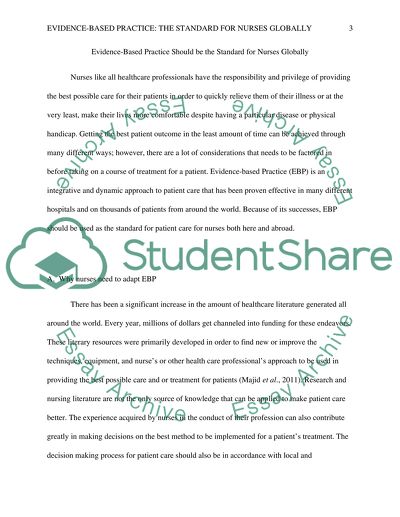Cite this document
(“Research, Evidenced-Based Practice and global health Essay”, n.d.)
Research, Evidenced-Based Practice and global health Essay. Retrieved from https://studentshare.org/nursing/1625687-research-evidenced-based-practice-and-global-health
Research, Evidenced-Based Practice and global health Essay. Retrieved from https://studentshare.org/nursing/1625687-research-evidenced-based-practice-and-global-health
(Research, Evidenced-Based Practice and Global Health Essay)
Research, Evidenced-Based Practice and Global Health Essay. https://studentshare.org/nursing/1625687-research-evidenced-based-practice-and-global-health.
Research, Evidenced-Based Practice and Global Health Essay. https://studentshare.org/nursing/1625687-research-evidenced-based-practice-and-global-health.
“Research, Evidenced-Based Practice and Global Health Essay”, n.d. https://studentshare.org/nursing/1625687-research-evidenced-based-practice-and-global-health.


